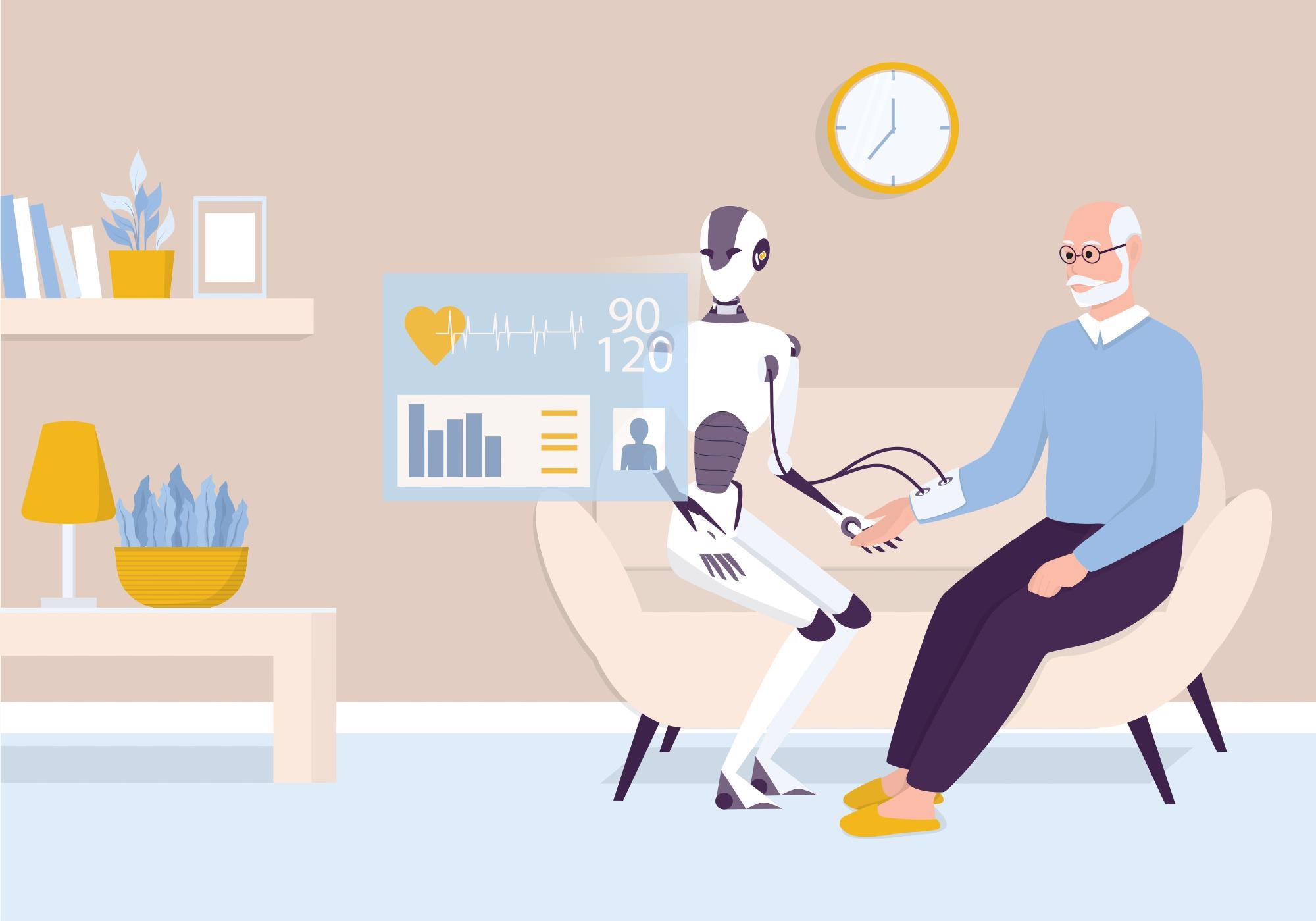Introduction
The way we work has undergone a seismic shift in recent years, and the rise of remote work is at the forefront of this transformation. Thanks to advancements in technology, particularly artificial intelligence (AI), the future of telecommuting is brighter than ever. In this blog post, we will explore the impact of AI on remote work, delving into how it’s shaping the landscape and redefining the way we work from anywhere in the world.
The Rise of Remote Work
Remote work is not a new concept, but it gained unprecedented momentum in the wake of the COVID-19 pandemic. Companies, forced to adapt to a rapidly changing environment, quickly embraced remote work as a way to ensure business continuity. As a result, millions of employees found themselves working from home, and many companies realized that remote work could be a long-term solution.
AI-Powered Collaboration
One of the key challenges of remote work has always been communication and collaboration. However, AI is revolutionizing this aspect of telecommuting. AI-powered chatbots and virtual assistants, such as Slack’s Slackbot and Microsoft’s Cortana, are making it easier for remote teams to communicate effectively. These bots can answer questions, schedule meetings, and even provide insights based on data analysis.
Additionally, AI-driven collaboration tools, like Google Workspace and Zoom, are transforming the way teams work together. These platforms offer features such as real-time document editing, automatic transcription, and smart suggestions that enhance productivity and streamline remote collaboration.
Enhanced Remote Productivity
AI is also playing a significant role in boosting remote productivity. Virtual project management tools, like Trello and Asana, use AI algorithms to help teams organize tasks, set priorities, and allocate resources efficiently. These platforms can predict project completion times, identify bottlenecks, and offer data-driven recommendations for optimizing workflows.
Moreover, AI-driven time tracking and productivity monitoring tools provide insights into individual and team performance. They can identify when employees are most productive, detect distractions, and offer suggestions to improve time management, ultimately enhancing remote work efficiency.
AI-Powered Personalization
Personalization is a crucial aspect of remote work, as it can help employees feel more connected and engaged. AI algorithms analyze individual preferences, learning styles, and work habits to tailor the remote work experience. For instance, AI can recommend personalized training modules, adjust communication styles, and even suggest the most suitable time for virtual team-building activities.
Moreover, AI-driven employee well-being platforms can detect signs of burnout or stress and provide personalized resources and support. This not only enhances remote workers’ overall experience but also helps organizations maintain a healthier and more engaged workforce.
AI in Remote Hiring and Onboarding
The process of hiring and onboarding remote employees has also been transformed by AI. AI-powered tools can analyze resumes, conduct initial candidate screenings, and even predict a candidate’s potential cultural fit within a remote team. Video interviews can be analyzed using sentiment analysis to gauge a candidate’s suitability for remote work.
Once hired, AI-driven onboarding platforms can create customized training plans and provide new employees with the resources they need to succeed in a remote environment. This reduces the learning curve and ensures that remote workers quickly become productive members of the team.
Challenges and Considerations
While AI has the potential to greatly enhance remote work, there are challenges and considerations to keep in mind. Privacy concerns, data security, and the potential for bias in AI algorithms are all important factors to address. Organizations must also strike a balance between using AI to enhance remote work and maintaining the human touch that fosters team cohesion and empathy.
Conclusion
AI is undeniably shaping the future of telecommuting. As technology continues to advance, the remote work experience will become more efficient, engaging, and accessible. By harnessing the power of AI for collaboration, productivity, personalization, and hiring, organizations can unlock the full potential of remote work and create a brighter future for the world of telecommuting.
In the ever-evolving landscape of work, remote employees are no longer limited by physical boundaries. With AI as their ally, they can thrive in a connected, data-driven, and personalized remote work environment, ensuring that the future of telecommuting is one of endless possibilities.





